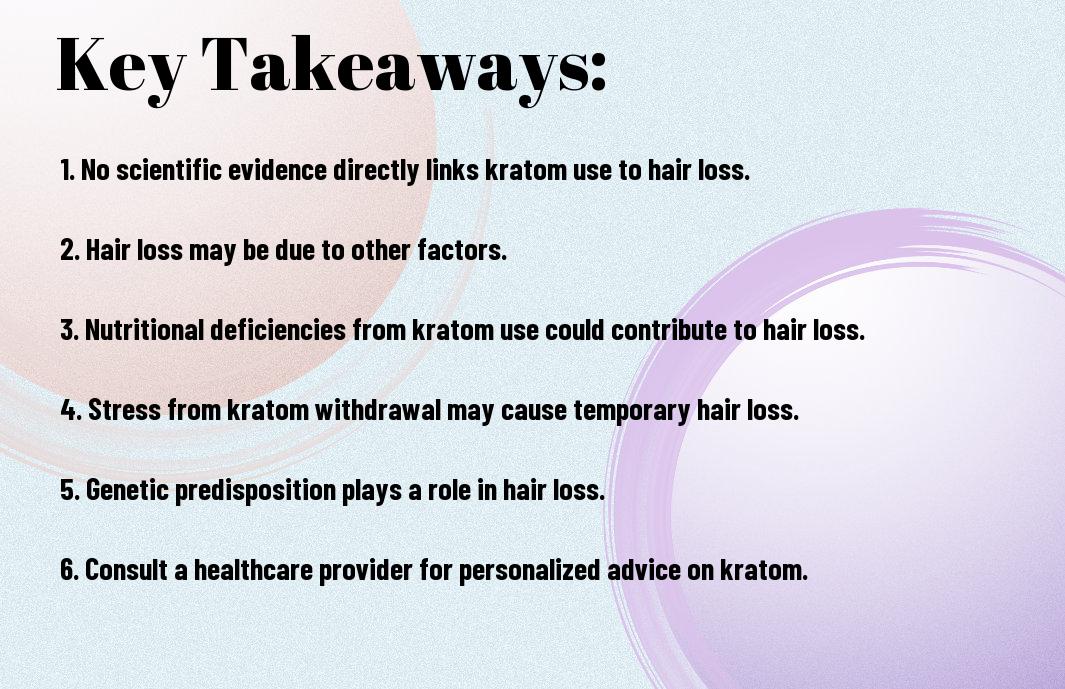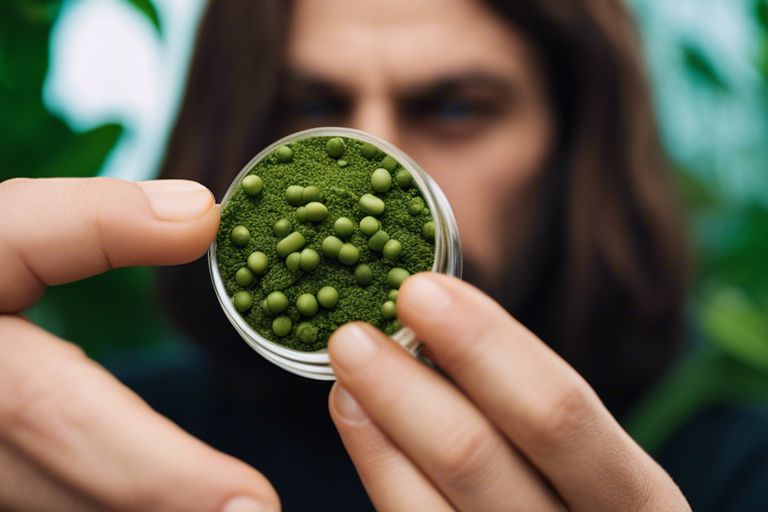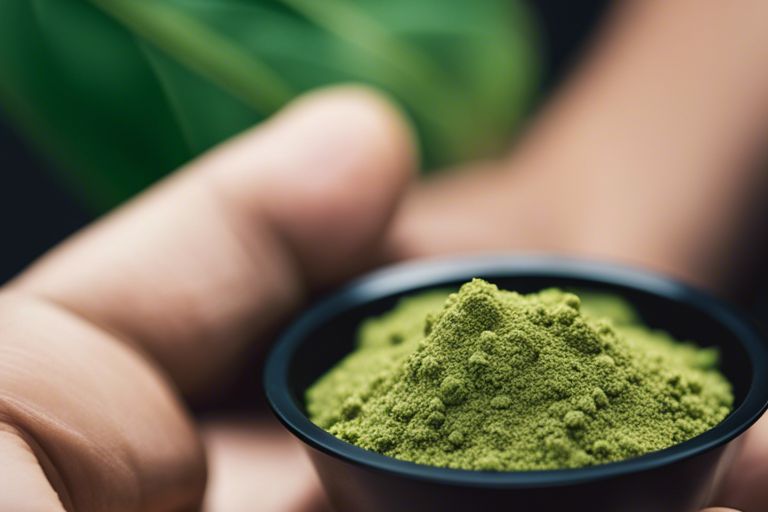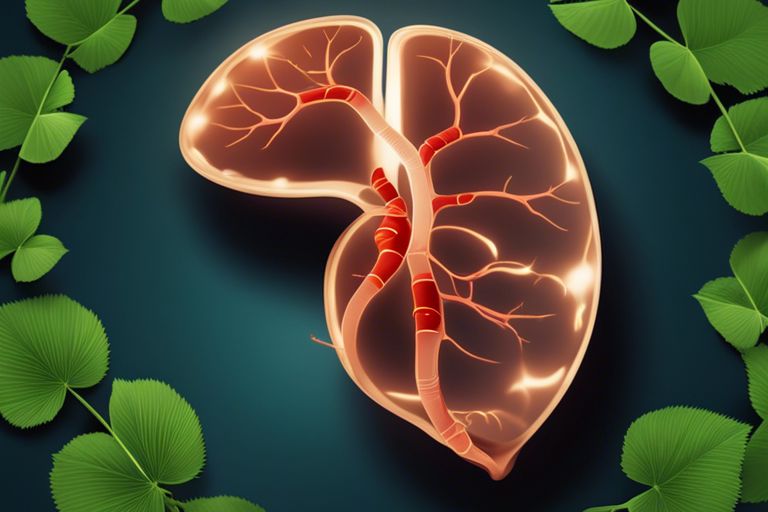There’s a growing concern in the kratom community about the potential link between kratom use and hair loss. As kratom gains popularity, some users have reported experiencing thinning hair or hair loss. This article examines into the possible connection between kratom consumption and hair health, exploring the potential reasons behind this phenomenon and discussing any scientific evidence available. Understanding the impact of kratom on hair growth can help users make informed decisions about its use.
Key Takeaways:
- Kratom and Hair Loss: While some individuals have reported experiencing hair loss while using kratom, more research is needed to establish a clear link between kratom consumption and hair loss.
- Possible Contributing Factors: Factors such as stress, nutritional deficiencies, genetics, and overall health may play a role in hair loss among kratom users, making it vital to consider these other factors when discussing the issue.
- Seek Medical Advice: If you are experiencing hair loss or any concerning side effects while using kratom, it is imperative to consult with a healthcare professional for proper diagnosis and guidance on the best course of action.

Kratom Basics
What is Kratom?
The use of Kratom dates back centuries in Southeast Asia, where it has been traditionally consumed for its stimulant and analgesic properties. Kratom is derived from the leaves of the Mitragyna speciosa tree, native to countries like Thailand, Indonesia, and Malaysia. It is often consumed in the form of powder, capsules, or extracts.
How does Kratom work?
Basics of Kratom functioning involves its active compounds, mitragynine, and 7-hydroxymitragynine, which interact with the brain’s opioid receptors. This interaction can result in pain relief, increased energy, improved mood, and relaxation. However, Kratom’s effects can vary depending on the dosage and individual tolerance levels.
Hair Loss 101
What is hair loss?
One of the most common concerns for many individuals is the prospect of experiencing hair loss. Hair loss, also known as alopecia, is a condition that affects the scalp or other parts of the body where hair grows. It can be a distressing issue that impacts both men and women of all ages.
Common causes of hair loss
Hair loss can be caused by a variety of factors, including genetics, hormonal changes, medical conditions, and medications. One of the most common causes of hair loss is a hereditary condition called androgenetic alopecia, or male-pattern baldness. This condition is characterized by a receding hairline and thinning hair on the crown of the head.
Plus, other factors like stress, poor nutrition, and certain hairstyles or treatments can also contribute to hair loss. It’s important to consult with a healthcare provider to determine the underlying cause of hair loss and explore potential treatment options.
The Link Between Kratom and Hair Loss
Anecdotal evidence: User reports and reviews
Hair loss has been a concern among some kratom users, with anecdotal reports suggesting a possible connection between kratom consumption and hair thinning or shedding. Users have shared their experiences online, noting changes in hair texture, volume, and growth patterns after using kratom regularly. While these accounts provide valuable insights, it’s imperative to consider individual differences and other factors that could contribute to hair issues.
Scientific studies: What do the experts say?
With limited research on the specific link between kratom and hair loss, experts in the field have yet to reach a definitive conclusion. While some studies have explored the effects of kratom on various aspects of health, including liver function and cognitive performance, evidence regarding its impact on hair remains scarce. More research is needed to understand the potential mechanisms through which kratom may influence hair health and whether certain compounds in kratom could affect hair follicles.
Possible Mechanisms of Kratom-Induced Hair Loss
Increased cortisol levels
The relationship between kratom use and hair loss may be linked to increased cortisol levels. Cortisol is a hormone released in response to stress, and chronic stress can lead to elevated cortisol levels in the body. Elevated cortisol levels have been associated with hair thinning and loss.
Hormonal imbalance
Increased cortisol levels from kratom use can disrupt the body’s hormonal balance. Hormones play a crucial role in maintaining healthy hair growth, and any imbalance can result in hair loss. Imbalanced hormones can cause hair follicles to weaken and eventually stop producing new hair strands.
This disruption in hormone levels can manifest in various ways, including changes in menstrual cycles in women and decreased libido in men.
Nutrient deficiencies
Increased cortisol levels and hormonal imbalance from kratom use may contribute to nutrient deficiencies that are vital for hair health. Nutrients like vitamins A, B, C, D, and E, as well as minerals like zinc and iron, are crucial for maintaining strong and healthy hair.
To support healthy hair growth, it is important to ensure that nutrient deficiencies are addressed through a balanced diet or supplementation.
Debunking the Myths
Separating fact from fiction
Not all the information circulating about Kratom and hair loss is accurate. It’s crucial to look at the scientific evidence before jumping to conclusions. While anecdotal reports may suggest a link between Kratom use and hair loss, there is no concrete scientific proof establishing a direct connection between the two.
Common misconceptions about Kratom and hair loss
On common misconceptions about Kratom and hair loss, it’s crucial to be wary of misinformation that can easily spread online. Many stories about Kratom’s negative effects on hair are based on anecdotal evidence or individual experiences, rather than scientific studies. It’s crucial to approach such claims with caution and seek reliable sources for accurate information.
about Kratom and hair loss is that correlation does not imply causation. While some individuals may have reported hair loss while using Kratom, other factors such as diet, genetics, stress levels, and overall health can also play a significant role. It’s crucial to consider a holistic view when exploring the potential connection between Kratom use and hair loss.

Can Hair Loss Be a Potential Negative Effect of Kratom Use?
Yes, hair loss is one of kratom’s adverse health effects that some users have reported. While more research is needed to fully understand the link between kratom use and hair loss, it’s important to be aware of potential negative effects when considering its use.
Managing Hair Loss While Taking Kratom
Keep up with regular check-ups with your healthcare provider to monitor your hair health while taking kratom. If you notice any excessive hair shedding or changes in your hair texture, it’s imperative to address these concerns promptly. Does using kratom cause hair loss? Consult with a dermatologist who can provide guidance on managing hair loss and recommend personalized solutions.
Dietary changes: Foods that promote hair growth
Changes in your diet can play a significant role in maintaining healthy hair while taking kratom. Incorporate foods rich in imperative vitamins and minerals like vitamin A, C, D, E, biotin, zinc, and iron to promote hair growth. Include foods such as spinach, berries, eggs, nuts, and seeds to support overall hair health.
Supplements for hair health
Kratom users may benefit from taking supplements that support hair health. Biotin supplements are popular for promoting hair growth and strength. Additionally, supplements containing vitamin D, zinc, and iron can help maintain optimal hair health while using kratom.
Stress-reducing techniques
An important factor in managing hair loss is reducing stress levels. Practicing meditation, yoga, or deep breathing exercises can help alleviate stress, which in turn may positively impact hair health while taking kratom. It’s imperative to prioritize self-care and stress management techniques to support overall well-being.
To effectively manage hair loss while taking kratom, a holistic approach that includes monitoring dietary intake, incorporating supplements, and implementing stress-reducing techniques is crucial. By prioritizing hair health and overall well-being, individuals can navigate the potential effects of kratom on hair loss with proactive strategies.
Final Words
So, after delving into the topic of whether kratom causes hair loss, it is evident that there is still a lack of concrete evidence to definitively link kratom use to hair loss. While some anecdotal reports suggest a correlation between the two, more scientific research and studies are needed to draw any firm conclusions. Individuals who are concerned about potential hair loss should consult with a healthcare professional and consider the overall impact of kratom on their health and well-being.
In the meantime, it is imperative to approach information about kratom and its potential side effects with caution, weighing the risks and benefits before deciding to incorporate it into one’s lifestyle. As the conversation around kratom continues to evolve, staying informed and seeking advice from reliable sources will be crucial in making well-informed decisions regarding its usage.
FAQ
Q: Does Kratom Cause Hair Loss?
A: There is limited scientific evidence directly linking kratom to hair loss. However, some anecdotal reports suggest that heavy and prolonged kratom use may be associated with hair thinning or loss.
Q: What are the Possible Reasons for Hair Loss Related to Kratom Use?
A: The potential reasons for hair loss attributed to kratom could be linked to its impact on hormonal levels, stress response, or nutritional deficiencies due to poor dietary habits associated with excessive kratom consumption.
Q: Is Hair Loss a Common Side Effect of Kratom Usage?
A: Hair loss is not a commonly reported side effect of kratom use. Most users do not experience any issues related to hair loss, but individual reactions can vary.
Q: Can Hair Loss from Kratom Use be Reversed?
A: If hair loss is indeed caused by kratom use, ceasing or reducing kratom consumption may help prevent further hair loss. Improving overall health, nutrition, and using hair care products can also aid in hair regrowth.
Q: What Precautions Can Kratom Users Take to Minimize the Risk of Hair Loss?
A: To minimize the potential risk of hair loss associated with kratom use, it is advisable to consume kratom in moderation, maintain a balanced diet rich in vital nutrients, stay hydrated, manage stress levels effectively, and consult a healthcare provider if experiencing any unusual symptoms.









